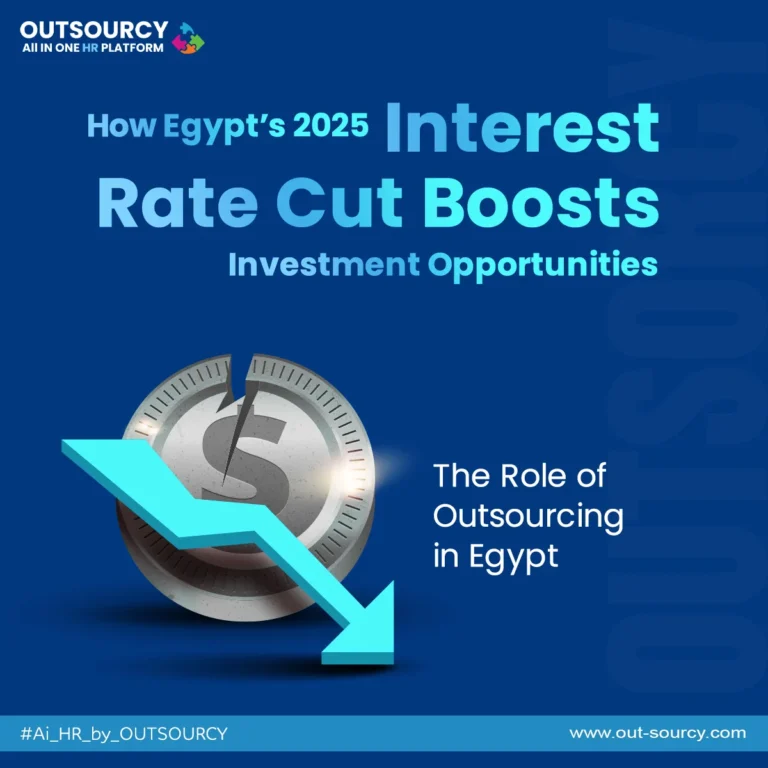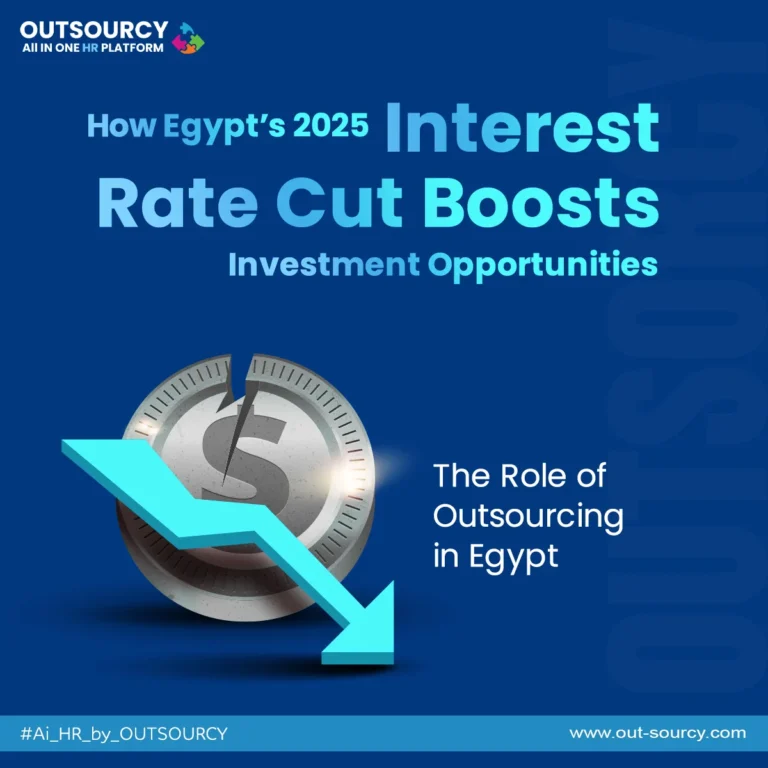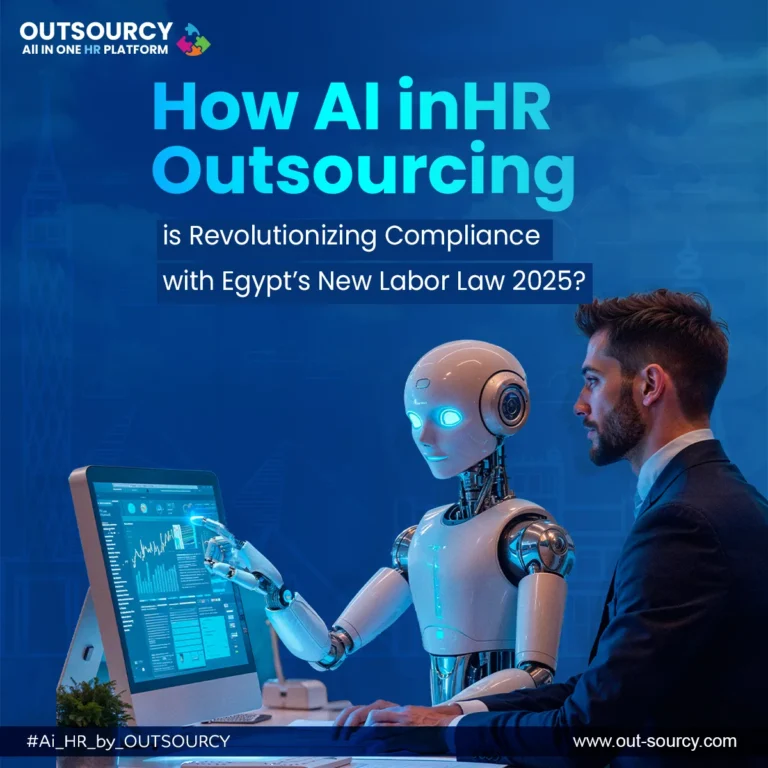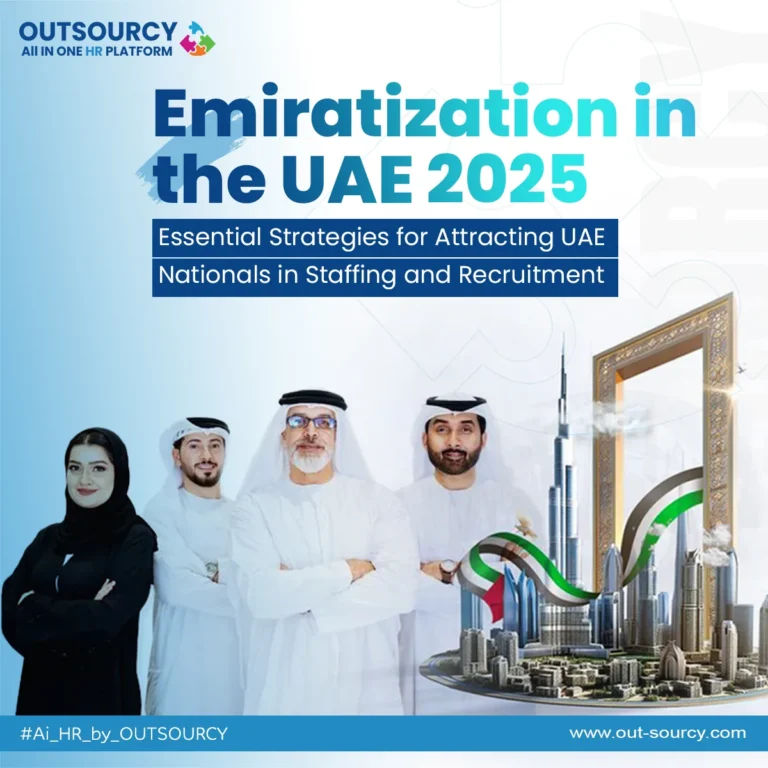Both the Kingdom of Saudi Arabia (KSA) and the United Arab Emirates (UAE) have introduced significant UAE labor law updates and Saudi Arabia employment law changes in recent years, including key amendments in 2024 and 2025 [HRSD]. These reforms aim to strengthen employee protections, ensure employer compliance, and align with broader economic diversification goals under visions like UAE’s Centennial 2071 and Saudi Vision 2030.
This comprehensive UAE labor law guide and overview of Saudi employment regulations serves as a practical resource for businesses operating in the GCC. It covers essential aspects such as contracts, working hours, leaves, termination, localization requirements like Emiratization and Saudization, and penalties, helping employers navigate these evolving frameworks effectively.

UAE Labor Law Updates 2025 (Key Changes from 2023–2025)
The UAE labor law 2025 amendments, building on Federal Decree-Law No. 33/2021 [MoHRE], emphasize flexible work models, digital contracts, and increased penalties for violations. All private-sector employment now follows fixed-term structures, with enhanced focus on worker rights and compliance.
1. Employment Contracts in UAE
All private-sector contracts must be fixed-term, with a maximum duration of three years (renewable for equal or shorter periods). Unlimited contracts were fully phased out by December 31, 2023. Probation periods can extend up to 180 days, during which either party can terminate with 14–30 days’ notice, depending on the situation. New 2025 updates standardize flexible contract models, including part-time and remote work, to support diverse workforce needs [MoHRE].
2. Working Hours & Overtime under UAE Labor Law
The standard remains 8 hours per day or 48 hours per week. During Ramadan, hours are reduced to 6 per day for Muslim employees. Employers can require overtime (up to 2 hours daily) compensated at 1.25–1.5 times the regular rate or with time off. 2025 changes introduce shorter hours for specific sectors like healthcare and technology to promote work-life balance.
3. Leaves & Benefits in UAE Employment Regulations
- Maternity leave: 60 days (45 at full pay, 15 at half pay), with potential extensions for health reasons.
- Paternity leave: 5 working days.
- Study leave: 10 days annually after two years of service.
The Unemployment Insurance Scheme, mandatory since 2023, provides financial support for job loss [MoHRE]. Additional 2025 enhancements include better integration with digital platforms for leave tracking.
4. Termination & Dispute Resolution in UAE Labor Law 2025
For fixed-term contracts, notice periods range from 30 to 90 days, based on the agreement. Employers must provide at least 30 days’ notice for termination, with exceptions for gross misconduct. Disputes valued up to AED 50,000 can be resolved directly via the Ministry of Human Resources and Emiratisation (MoHRE), streamlining processes. New amendments allow employees to terminate without notice in cases of employer breach, as per Article 45 [MoHRE].
5. Emiratization Requirements 2025 (Localization in UAE)
Companies with 50+ employees must increase Emirati hires by 2% annually, targeting 10% by 2026. Firms with 20–49 staff in designated sectors must employ at least one Emirati by 2024 and two by 2025. Non-compliance triggers fines up to AED 96,000 per unfilled position monthly, with 2025 updates emphasizing training programs and higher penalties for evasion [(MoHRE].
6. Compliance & Penalties under UAE Labor Regulations
Violations like late wage payments incur fines of AED 5,000–50,000 per employee. Major infractions, such as fake Emiratization, can result in AED 100,000–1,000,000 fines, business suspension, or license revocation. 2025 amendments have significantly increased penalties (now up to AED 1,000,000 for severe cases) to deter non-compliance [(MoHRE].

Saudi Arabia Labor Law
Saudi Arabia Labor Law Updates 2025 (Key Changes from 2023–2025)
The Saudi labor law 2025 amendments, effective February 18, 2025, via Royal Decree M/46 [HRSD], introduce digital contract requirements, enhanced leave entitlements, and clearer resignation processes. These align with Saudization goals and apply primarily to private-sector workers.
1. Employment Contracts in Saudi Arabia
Expatriates require fixed-term contracts (default one year if unspecified). Probation periods up to 180 days can now be included directly in the main contract. All contracts must be digitally documented via the Qiwa platform as of 2025, streamlining approvals and reducing disputes [Qiwa]. Notice periods: 30 days for employee resignation (reduced from 60 for indefinite contracts) and 60 days for employer termination.
2. Working Hours & Rest under Saudi Employment Laws
Standard: 8 hours/day, 48 hours/week. Ramadan: 6 hours/day for Muslim employees. Weekly rest: At least one full day (typically Friday). Overtime is compensated at 1.5 times the normal rate, with a cap of 720 hours annually.
3. Leaves in Saudi Labor Law 2025
- Maternity leave: Extended to 12 weeks (6 weeks postnatal mandatory, fully paid).
- Paternity leave: 3 paid days, to be taken within 7 days of birth.
- Bereavement leave: 3 paid days for a sibling’s death (new in 2025).
Additional leaves include annual vacation (21–30 days) and sick leave [HRSD].
4. Termination & Resignation in Saudi Employment Regulations
Employees can withdraw a resignation within 7 days if not yet accepted by the employer. Employers must process resignations within 30 days, or they are automatically approved. Valid termination reasons now explicitly include insolvency. For unlawful termination, compensation up to 15 months’ salary may apply [HRSD].
5. Saudization Quotas 2025 (Localization in KSA)
Sector-specific quotas remain, e.g., 35% Saudis in dental roles and 25% in engineering. New 2025 requirements mandate training and skill development for Saudi nationals. Non-compliant firms face work permit restrictions, recruitment bans, and fines [HRSD].
6. Compliance & Penalties under Saudi Labor Regulations
Hiring without a license: SR 200,000–250,000 fine. Improper overtime or rest: SR 3,000–5,000 per violation. Discrimination or passport withholding: SR 8,000. 2025 updates introduce harsher penalties for repeated offenses and require digital compliance reporting [Qiwa].
Practical Tips for Employers: Ensuring Compliance with UAE and Saudi Labor Laws
Adapting to GCC labor laws like UAE labor law 2025 and Saudi Arabia employment law changes demands proactive strategies. Here’s how to embed compliance:
- Update HR Policies: Align contracts, notice periods, and leaves with the latest UAE labor law guide and Saudi employment regulations. Develop digital employee handbooks to prevent disputes.
- Strengthen Payroll Systems: Use automated tools for wage, overtime, and benefits tracking. Consider payroll management in UAE or KSA via specialized providers to avoid fines.
- Plan for Localization Early: Integrate Emiratization requirements 2025 and Saudization quotas into hiring. Focus on succession planning and Saudi/Emirati talent pipelines to meet targets.
- Leverage Compliance Outsourcing in GCC: Outsource HR functions to stay updated on GCC employment regulations and reduce risks across jurisdictions.
- Consider EOR Legal Support: Partner with Employer of Record (EOR) providers for seamless market entry, cross-border management, and full compliance without a local entity.
- Invest in HR Training: Educate teams on dispute resolution, wage systems, and localization under Saudi labor law 2025.
- Audit Regularly: Review contracts, visas, and records to identify issues pre-inspection.
- Employee Communication: Transparently explain rights like UAE unemployment insurance or Saudi’s updated leaves to foster trust.
Importance of UAE and Saudi Labor Law Updates and Their Impact on the Labor Market
The UAE labor law 2025 and Saudi labor law 2025 updates are pivotal steps to enhance the attractiveness of the GCC labor market and support economic competitiveness [HRSD]. These amendments have significant positive impacts:
- Enhanced Worker Protection: Extending maternity leave in Saudi Arabia to 12 weeks, introducing unemployment insurance in the UAE, and providing study and paternity leaves reflect a commitment to improving the work environment, boosting employee satisfaction, and attracting global talent [MoHRE].
- Improved Flexibility: Flexible contracts in the UAE (e.g., remote and part-time work) and digital contract documentation via the Qiwa Platform in Saudi Arabia [Qiwa] enable employers to manage workforces efficiently, supporting startups and SMEs.
- Support for Localization: Emiratization requirements 2025 and Saudization quotas encourage hiring nationals, reducing reliance on expatriate labor, promoting economic sustainability, and creating job opportunities for local youth [MoHRE].
- Reduced Disputes: Simplified dispute resolution in the UAE (via MoHRE) and automated resignation processes in Saudi Arabia minimize legal conflicts, saving time and costs for businesses [HRSD].
- Positive Market Impact: These changes make the UAE and Saudi labor markets more attractive to foreign investment by providing a balanced work environment that protects both workers and employers. However, small businesses may face challenges complying with localization requirements and stricter penalties, necessitating investment in training and compliance systems. Overall, these reforms are expected to drive economic growth and support diversification visions like UAE Centennial 2071 and Saudi Vision 2030.
How OUTSOURCY Can Help
Managing compliance with local labour laws is critical for businesses expanding internationally or operating across multiple jurisdictions. OUTSOURCY supports companies in navigating these complexities by providing Employer of Record (EOR) legal support and HR outsourcing solutions, ensuring your workforce stays fully compliant with local regulations across the GCC and beyond.
Why OUTSOURCY?
- Comprehensive support for regional and cross-border expansion.
- In-depth expertise in GCC labour laws and compliance requirements.
- Customized solutions to protect employees and simplify employer duties.
Tailored HR and EOR solutions designed to protect employees while streamlining employer responsibilities.
For more on UAE labor law 2025 or Saudi labor law updates, contact us today.
References
- Ministry of Human Resources and Emiratisation (MoHRE), UAE.
- Ministry of Human Resources and Social Development (HRSD), Saudi Arabia.
- Qiwa Platform, Saudi Arabia.
- Al Tamimi & Company.
- Gulf Business.












